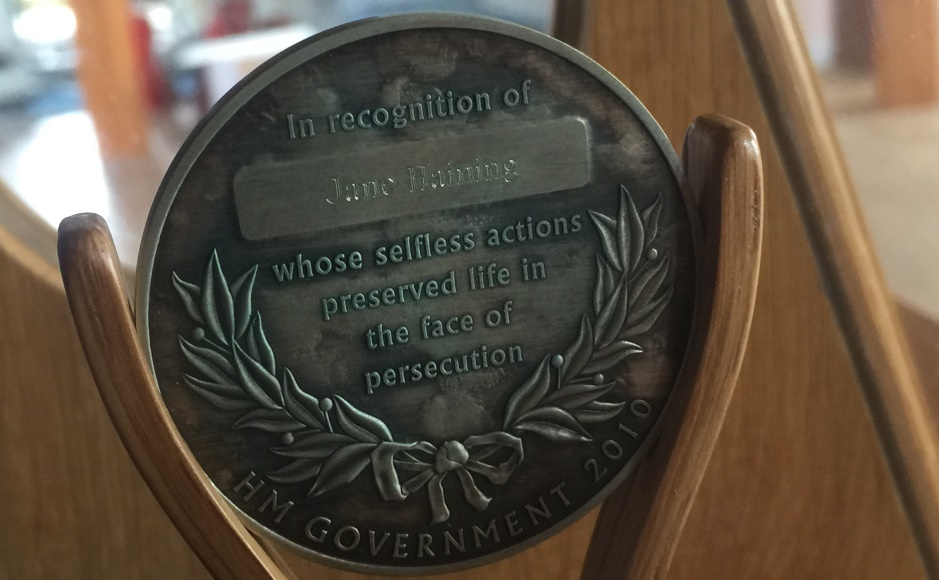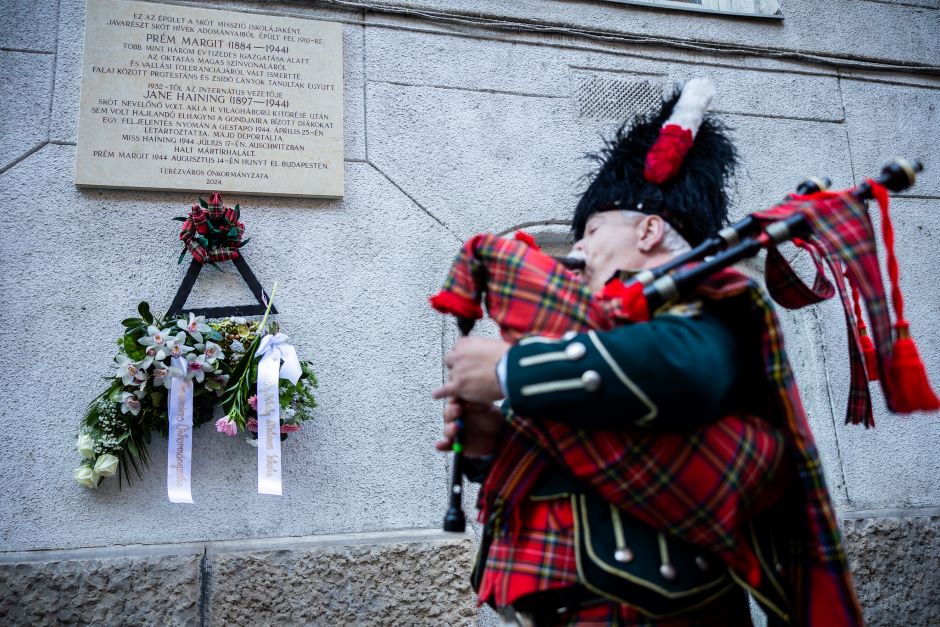Trainee teachers to ensure future generations never forget the Scot who died in Auschwitz
Published on 6 June 2024 3 minutes read
Student school teachers are being encouraged to use the story of a Scot who died in Auschwitz 80 years ago as part of their training.
People enrolled in Masters of Education, MA Primary Education and Catholic Teaching Certificate courses at the University of Glasgow will be tasked with focusing on how she shielded Jewish girls from dark forces during the Holocaust as they develop their skills in producing educational resources.
The move is thanks to a new partnership agreement between the University of Glasgow and the Jane Haining Project (JHP) to embed the lessons of her extraordinary life and example in the secondary and primary curriculum so future generations of Scots understand her sacrifice
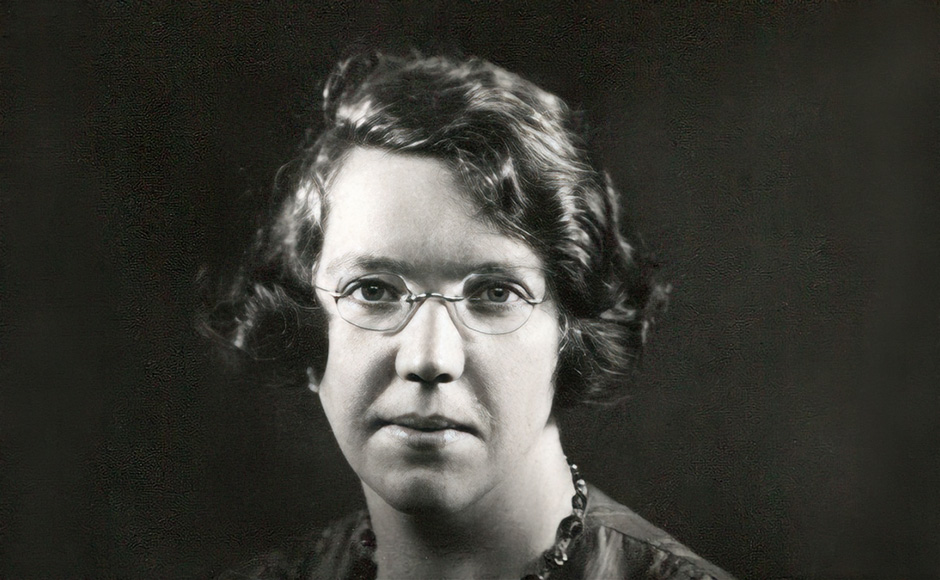
It is expected to take effect in the next academic year, 2024-25.
Rev Dr Ian Alexander, who was a member of the project committee, said: "Jane Haining showed tremendous courage in the face of intolerable evil and her heart-breaking and inspirational story is as important today as ever."
Born on 6 June 1897 in Dunscore, Dumfriesshire, she was the matron at the Scottish Mission School for girls in Budapest, Hungary from 1932-1944.
She looked after Jewish and Christian boarders and rejected calls from the Church of Scotland to return home after the Second World War broke out in 1939.
Miss Haining knew her life was in danger but was determined to stay in her post and famously said 'If these children need me in days of sunshine, how much more do they need me in days of darkness?'
She was arrested after the Nazis invaded Hungary in 1944 and eventually taken to the extermination camp in Nazi occupied Poland where she died in the July of that year aged 47.
JHP, part of the West of Scotland branch of the Council of Christians and Jews, has received funding from the Association of Jewish Refugees for one year of activities, building on prior funding success with the Pollok Trust, and retired history teacher William McGair is developing education resources.
The project is working with teachers at Dumfries Academy, Miss Haining's old school, and Woodfarm High School in Thornliebank near Glasgow.
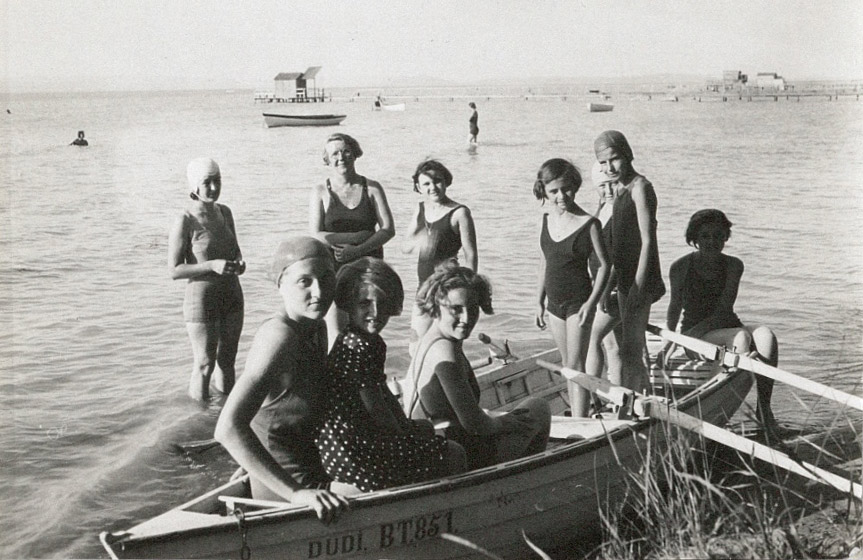
Currently aimed at S1 pupils, the programme invites children to engage creatively with the matron's story and produce their response in the medium of their choice - writing, drama and art.
Professor Anne Anderson, chair of the Jane Haining Committee, said: "We are delighted we will be able to share the story of Jane Haining with pupils.
"We also want to work with teachers and future teachers to draw out the lessons for today's challenges of antisemitism and other forms of racism."
JHP seeks to raise awareness of Miss Haining's story and its importance and relevance today in building interfaith connections and activities, encouraging interfaith engagement and challenging all forms of racism and discrimination.
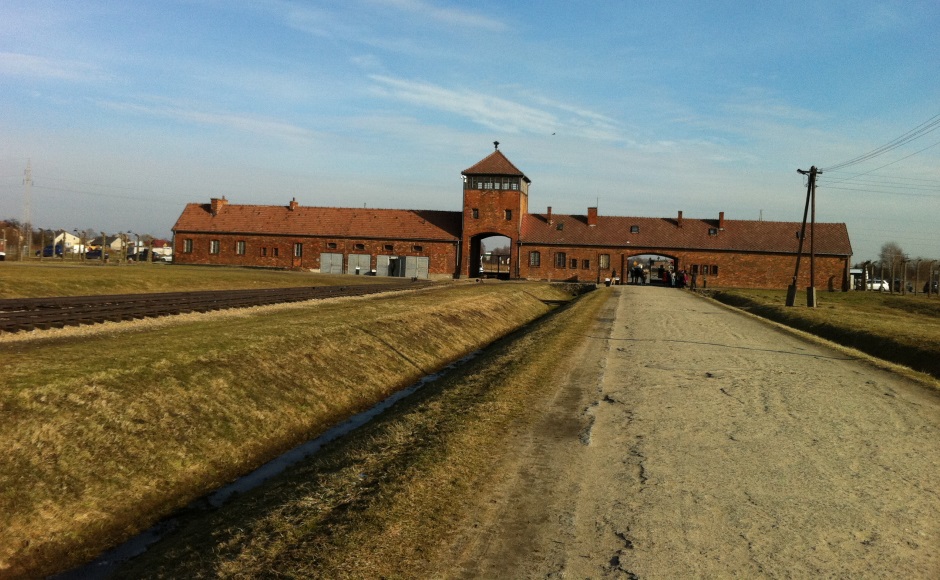
It aims to increase understanding, acceptance, and kindness between individuals from different cultures and religions and equip people to speak up and to take action against antisemitism and discrimination.
JHP works in partnership with other organisations engaged in Holocaust education.
Miss Haining's bravery and devotion to the pupils led to her being posthumously awarded a Heroine of the Holocaust medal by the UK Government.
She is the only Scot to be named Righteous Among the Nations at Yad Vashem in Jerusalem, Israel's memorial to victims of the Holocaust.
Miss Haining's life is celebrated at St Columba's Church in Budapest, Dunscore Church and Queen's Park Govanhill Church in Glasgow - the church she attended while living in the city prior to her move to the Hungarian capital.
A new residential street in Loanhead, Midlothian was named "Haining Park" in her memory in 2021.
